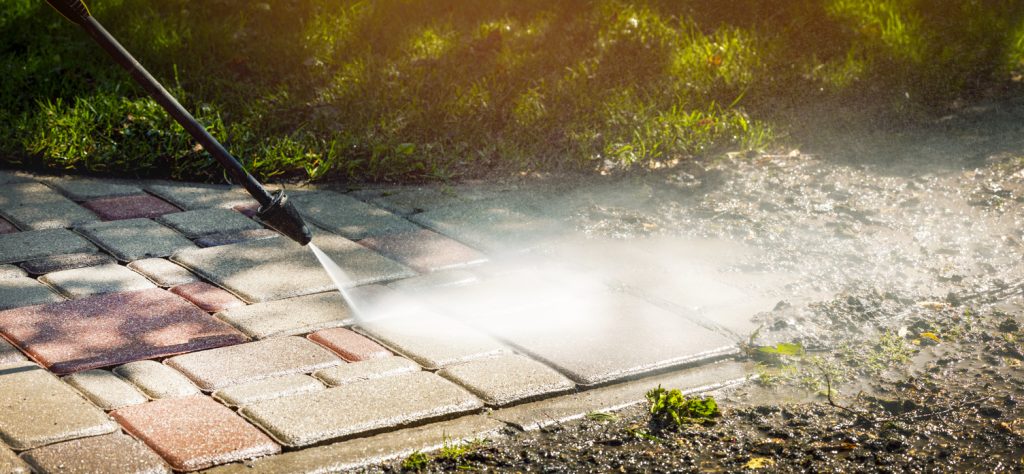How to Stop Weeds in Block Paving
Block paving is one of the most popular paving options in the country, regularly used for driveways, patios and other outdoor areas.
As well as its striking aesthetics, block paving has a range of practical advantages including being a low-maintenance, durable and sustainable choice.
However, block paving can be susceptible to weeds growing in between the paving’s gaps.
In this article, the team here at R&J Landscapes (London) will take a look at how to stop weeds in block paving.
How to stop weeds in block paving?
Stopping weeds in block paving is extremely important.
If you notice weeds have started to grow in between the paving’s gaps, you shouldn’t neglect the issue as excessive growth can cause the paving to rise and become damaged or cracked. Weeds are also unsightly and unpleasant to look at so it’s important they are removed.
There are various ways to remove weeds that have grown in block paving including:
- Manual removal – Simply remove the weeds by hand or by using leveraging weeding tools.
- Organic weed killer – Available in most garden centres and DIY stores, organic weed killers and herbicides can be sprayed on the weeds which will kill them. Be sure to avoid chemical weed killer products as they can cause harm to health, your property and the environment.
- A weed torch – A type of blow torch that can be used to burn the weeds, killing them in the process.
- A pressure washer – Using a high-pressure machine like a pressure washer to blast away the weeds with water is an effective removal method. However, be careful not to blast the water under the paving itself as this could unsettle the bedding.
While these techniques are effective ways to remove weeds from block paving, preventing them from growing in the first place is the best way to tackle a persistent problem.
You can do this by sealing your block paving, and the following steps will help you do so:
Remove the weeds
Choose one of the above methods and remove the current weeds.
Use a pressure washer

If you haven’t yet used a pressure washer, do so to make sure all of the excess weeds have been removed and the slabs have been thoroughly cleaned. While you want to clean between the slabs, make sure not to aim the water directly underneath as this could damage the bedding.
Sand the joints
Check the forecast and make sure you have at least 48 hours of dry weather before this step.
Add sand between the gaps, using a brush to compact it down and brush it in place. Make sure the gaps are thoroughly filled but do not overfill with sand. The sand should not be overflowing.
Seal the gaps
Using a patio stone sealer from your local garden centre, DIY store or home retailer, follow the manufacturer’s instructions to fill all of the gaps in your paving. This should prevent weeds from recurring in the future.
Does salt stop weeds in block paving?
Yes, salt can be used as an effective weed killer. Simply sprinkle some salt across the plant and it will help to kill the weeds.
However, while it can help kill weeds, you should be careful the salt does not spread to other plants in your garden as it can harm those, too. This may be a particular issue if it rains and the runoff causes the salt to be moved to other areas of the outdoor space.
Here at R&J Landscapes (London), we provide leading landscaping services to homeowners across Watford, Harrow and the surrounding areas. This includes a block paving service that will see our expert Marshalls Approved contractors transform your space using quality materials and stunning designs. To find out more, get in touch with our team today.



